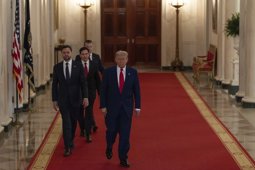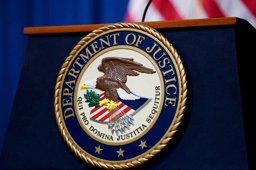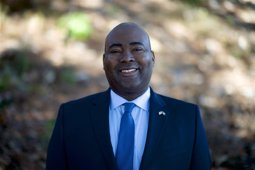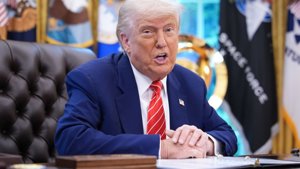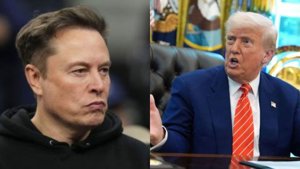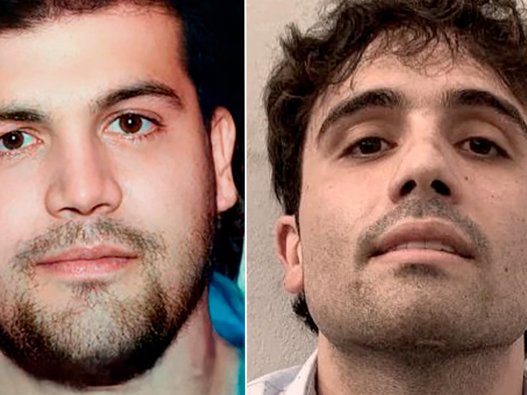
Trump Sanctions El Chapo’s Sons, Los Chapitos
U.S. Treasury sanctions El Chapo’s sons and Los Chapitos cartel over fentanyl trafficking and Marine veteran's killing.
Treasury Cracks Down on Sinaloa Cartel’s Violent Offshoot
The Trump administration on Monday sanctioned two sons of Joaquín "El Chapo" Guzmán and their criminal faction, Los Chapitos, for their central role in trafficking fentanyl into the United States and orchestrating violence across northern Mexico. The move follows the murder of U.S. Marine veteran Nicholas Quets, who was ambushed and killed by cartel gunmen on October 18, 2024, in Sonora, Mexico.
The sanctions, issued by the Treasury Department’s Office of Foreign Assets Control (OFAC), target the operations and financial infrastructure of Los Chapitos, a violent offshoot of the Sinaloa cartel. The group is accused of operating clandestine laboratories that produce fentanyl-laced counterfeit pills and coordinating shipments into the U.S.
Treasury Secretary Scott Bessent announced the designations, stating, “Los Chapitos is a powerful, hyperviolent faction of the Sinaloa cartel at the forefront of fentanyl trafficking in the United States.” He emphasized the department’s commitment to executing President Donald Trump’s mandate to dismantle cartel operations and eliminate their leadership.
As part of the coordinated action with the U.S. Drug Enforcement Administration (DEA), the Treasury also sanctioned a broader regional network of Los Chapitos affiliates and associated businesses operating in Mazatlán, Sinaloa. These entities are alleged to be involved in drug trafficking, extortion, kidnapping, and money laundering.
The two individuals named are Archivaldo Iván Guzmán Salazar and Jesús Alfredo Guzmán Salazar, both identified as senior leaders in the cartel’s fentanyl operation. The sanctions freeze any U.S.-based assets under their control and prohibit all American individuals and entities from conducting transactions with them or their network.
Nicholas Douglas Quets, the 31-year-old Marine veteran killed by the cartel, worked on water reclamation projects in Pima County, Arizona. He was ambushed by more than two dozen armed cartel members along the Caborca-Altar Highway, who reportedly confirmed his American identity before shooting him fatally through the heart during a failed carjacking attempt.
His father, Doug Quets—himself a U.S. Army and federal law enforcement veteran—released a public statement thanking President Trump and his Cabinet for their actions. “This was not just murder – it was a deliberate act of terror against a known American citizen,” he said.
Doug Quets called the Sinaloa cartel’s designation as a foreign terrorist organization a “vital first step in honoring Nicholas’ memory and protecting other Americans.” He commended Secretary Bessent’s strategy to disrupt the group’s financial operations, stating that cutting off cartel access to money laundering and bribery mechanisms is essential to dismantling their influence.
Secretary Bessent reiterated the administration’s resolve, noting that the Treasury is “maximizing all available tools to stop the fentanyl crisis and help save lives.” The action represents a continued escalation in the Trump administration’s campaign to weaken transnational criminal organizations responsible for the deadly fentanyl epidemic in the U.S.
The implications of these sanctions are far-reaching, not only choking the financial lifelines of the Sinaloa cartel’s operations but also sending a strong message about the consequences of targeting American lives abroad. Further enforcement measures may follow as investigations continue and international cooperation expands.

